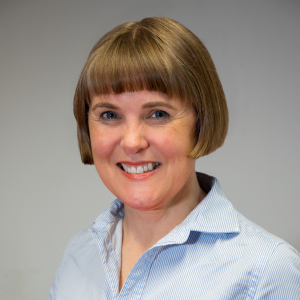Australia’s climate transition: the challenges and the opportunities
A joint Grattan/OECD webinar event
Date Monday 18 December
Time 4pm – 4.45pm AEDT
Australia has begun the great climate transition. Greenhouse gas emissions have fallen over the past decade, but significant further efforts are required to reach net zero by 2050.
There are big challenges ahead, notably achieving meaningful emissions reductions in hard-to-abate sectors such as minerals processing and agriculture, and supporting the reallocation of workers in fossil-fuel industries.
There is also a big opportunity: given its wealth of critical minerals and potential for renewable energy, Australia could become a green energy superpower in the net-zero world.
The OECD’s recently published Economic Survey of Australia discusses the country’s climate transition, and Grattan Institute has tackled the topic extensively, including in its Towards net zero series of reports, and more recent reports on Hydrogen and industrial transformation.
In this special webinar event, OECD economist Alvaro Leandro and the deputy director of Grattan Institute’s Energy and Climate Change Program, Alison Reeve, will discuss the challenges and opportunities of Australia’s climate transition.
Event partners

Panel

Alison Reeve
Alison Reeve is the Energy and Climate Change Program Director at Grattan Institute. She has two decades of experience in climate change, clean energy policy, and technology, in the private, public, academic, and not-for-profit sectors. Alison was previously the Deputy Program Director and before then the General Manager of Project Delivery at the Australian Renewable Energy Agency and a Visiting Fellow at the Australian National University. She led development of Australia’s National Hydrogen Strategy in 2019, as well as Commonwealth policy for offshore wind, energy innovation, energy efficiency, and structural adjustment.

Samuel Bennett
Dr Sam Bennett joined the Grattan Institute as its inaugural Disability Program Director in September 2023. Sam has worked on disability, aged care, and health reforms at a national level for over fifteen years.
In his previous role, he led the Policy, Advice and Research Division of the National Disability Insurance Agency, where he shaped and delivered national policy, and implemented the Agency’s Research Strategy. Sam was also responsible for supporting the work of the NDIS Independent Advisory Council.
In the UK he led transformation programs in the National Health Service (NHS) integrating social care and health services. He was responsible for the UK Government’s program to extend personal health budgets for people with complex disability and chronic health conditions until 2018.